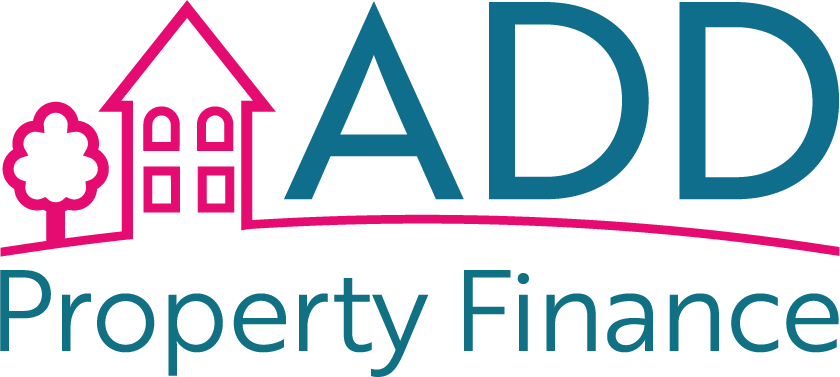When homeowners are faced with significant financial needs, such as home improvements, debt consolidation, or other expenses, they often consider various borrowing options. Two common choices are second charge mortgages and personal loans. In this article, we’ll compare these two financing options, shedding light on when each is more suitable for homeowners’ financial needs.
Second Charge Mortgages: Unlocking Home Equity
How They Work: Second charge mortgages, also known as secured loans, allow homeowners to use the equity in their property as collateral for a loan. The equity is the difference between the property’s current market value and the outstanding balance on the homeowner’s first mortgage.
When to Choose a Second Charge Mortgage
- Larger Loan Amounts: Second charge mortgages typically provide access to larger loan amounts compared to personal loans. They are suitable for substantial expenses like home renovations, extensions, or debt consolidation.
- Lower Interest Rates: Second charge mortgages often come with lower interest rates than unsecured personal loans because they are secured against the property. This can result in significant interest savings.
- Extended Repayment Terms: Homeowners can often secure second charge mortgages with extended repayment terms, which can make monthly payments more manageable.
- Preserve Existing Mortgage Terms: Choosing a second charge mortgage allows homeowners to retain the terms of their current first mortgage, including any favourable interest rates.
Personal Loans: Unsecured Borrowing
How They Work: Personal loans are unsecured loans, meaning they are not backed by collateral such as property or assets. Lenders assess borrowers’ creditworthiness to determine loan approval and interest rates.
When to Choose a Personal Loan
- Smaller Loan Amounts: Personal loans are suitable for smaller financial needs, such as purchasing a car, funding a holiday, or covering unexpected expenses.
- Faster Access to Funds: Personal loans typically have a quicker application and approval process than mortgages, making them a better choice for urgent financial needs.
- No Collateral Required: Personal loans are unsecured, so borrowers do not risk losing their property or assets if they default on the loan.
- Shorter Repayment Terms: Personal loans generally have shorter repayment terms, which can be beneficial for those who prefer to pay off their debt sooner.
Which One to Choose?
The choice between a second charge mortgage and a personal loan depends on your specific financial needs and circumstances. Consider the following factors:
- Loan Amount: If you need a significant amount of money, a second charge mortgage may be more suitable.
- Interest Rates: Compare the interest rates on both options to assess which offers a more cost-effective solution.
- Repayment Terms: Evaluate the repayment terms and monthly payments to ensure they align with your financial capabilities.
- Collateral: Determine whether you are comfortable securing the loan with your property’s equity or if you prefer an unsecured option.
- Speed: Consider the urgency of your financial need; personal loans often provide faster access to funds.
- Credit Score: Your credit score can influence your eligibility for both options and the interest rates you’re offered.
In conclusion, choosing between a second charge mortgage and a personal loan requires careful consideration of your financial needs, the amount required, your creditworthiness, and your comfort with securing the loan against your property. Consulting with a mortgage adviser or financial expert can provide valuable insights and help you make an informed decision that aligns with your goals.







